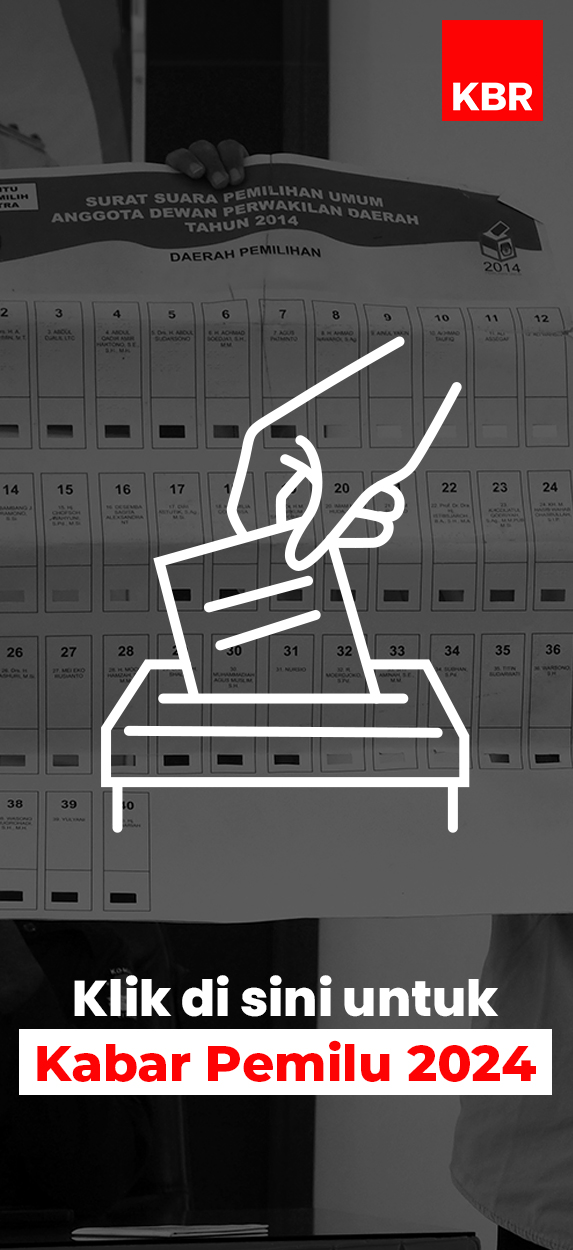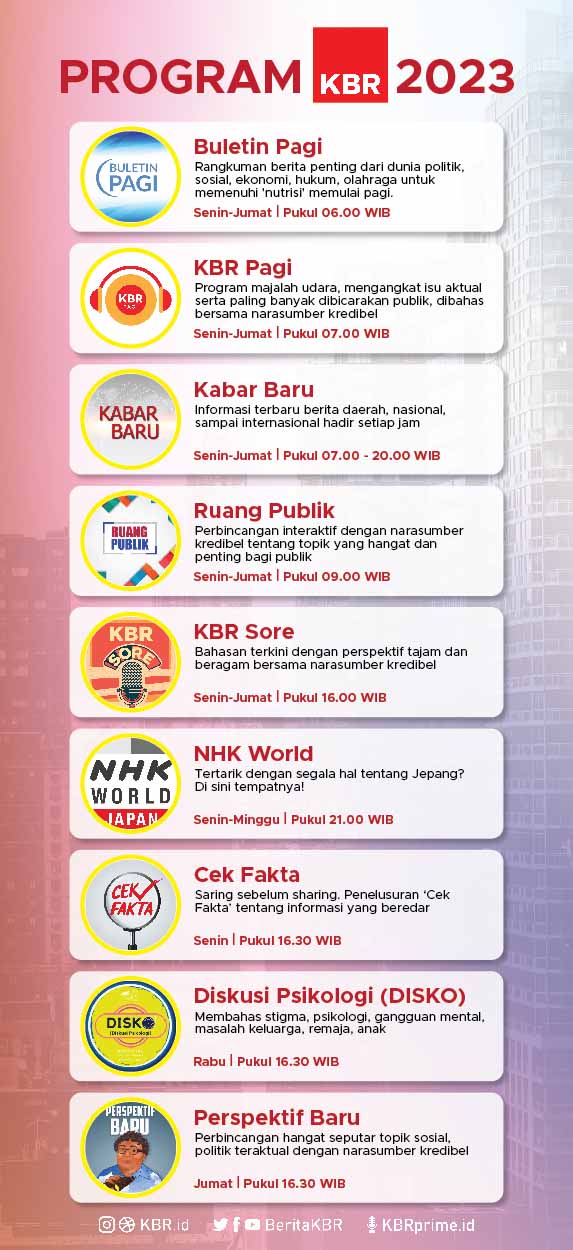Thailand’s fishing industry provides employment for tens of thousands of Burmese migrants who have fled their country in search of a better life.
It’s low paid, difficult and often dangerous work.
Many of them work here at Mahachai– nicknamed Little Myanmar – 45 kilometres southwest of Bangkok.
Most dockworkers here earn the minimum wage of 6 US dollars a day.
The workers face numerous hazards.
About a third of them are not officially registered, making them targets for harassment by extortion gangs and the authorities.
They are poorly educated and dream of one day returning home.
But many of them also enjoy new freedoms that were taboo in their own country, including sexual experimentation and multiple partners.
And that makes them vulnerable to HIV, especially the younger workers.
“The largest numbers of HIV infections among Burmese migrant workers is between ages 15 to 25 because of two reasons.” Says Zayar Lin from the foundation for Education and Development.
“The first reason is they want to explore more; the second is the lack of awareness of HIV/ AIDS and the lack of education among these younger migrant workers.”
This drop in center run by NGO Raks Thai is an informal place where Burmese migrants can safely access information about HIV/AIDS prevention and treatment.
42-year-old Tin Tin Aye has been coming to the center since her husband died of an AIDS-related illness seven years ago.
“I had heard about HIV but I had never seen or used a condom when I was living in Myanmar.”
At the Center, Burmese migrants are shown how to use condoms and protect themselves from HIV and other sexually transmitted diseases.
They can also access peer support services and counselling.
“They need to know the knowledge,” explains Nwe, the peer support counsellor at The Buddy Center.
“So we give them educational material to read to know about HIV transmission and sexually transmitted infections and how to properly use condoms to prevent HIV and STIs.”
Migrant workers can also obtain referrals for health check-ups, treatment and support from a nearby clinic.
Despite being a ‘safe place’ and anonymous, many Burmese still fear stigma and discrimination if they contract HIV.
Dr Khin Thant Zin is the health advisor for the Raks Thai Foundation.
“When they are HIV positive they don’t want to, how do you say, tell their status to their relatives, their husband, or their wives.... especially when they become very, very ill and nobody takes care of them. At that time they come to Raks Thai (clinic). Usually they are afraid of discrimination and stigma in their community.”







